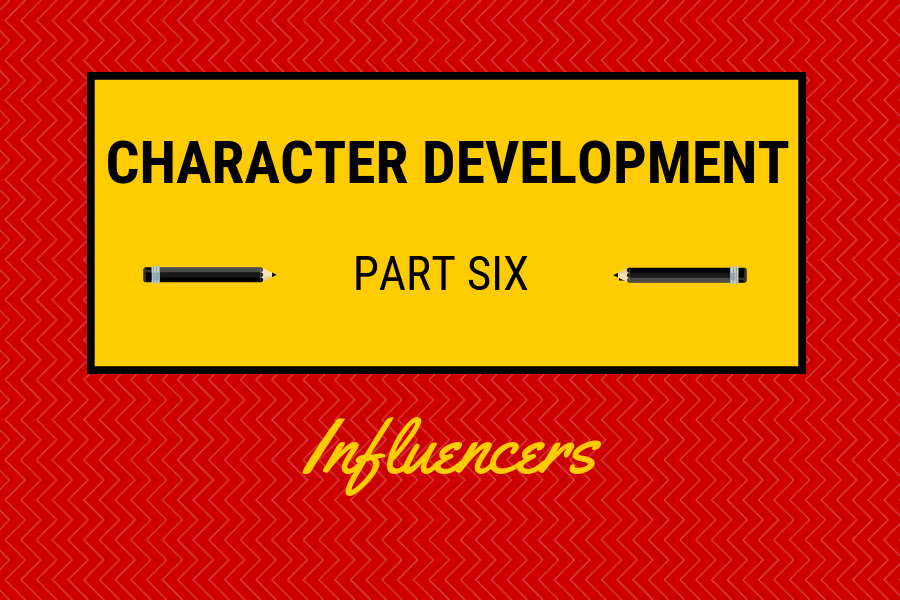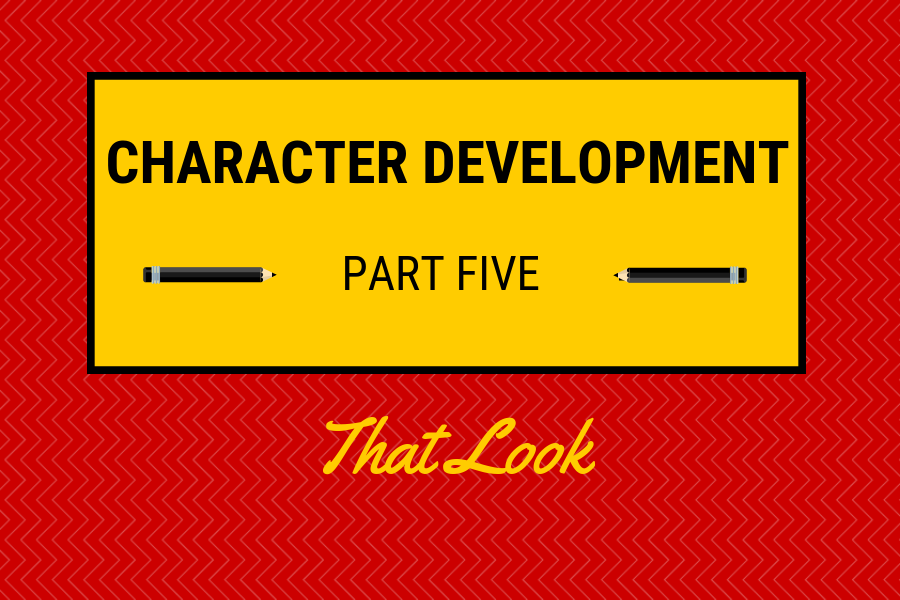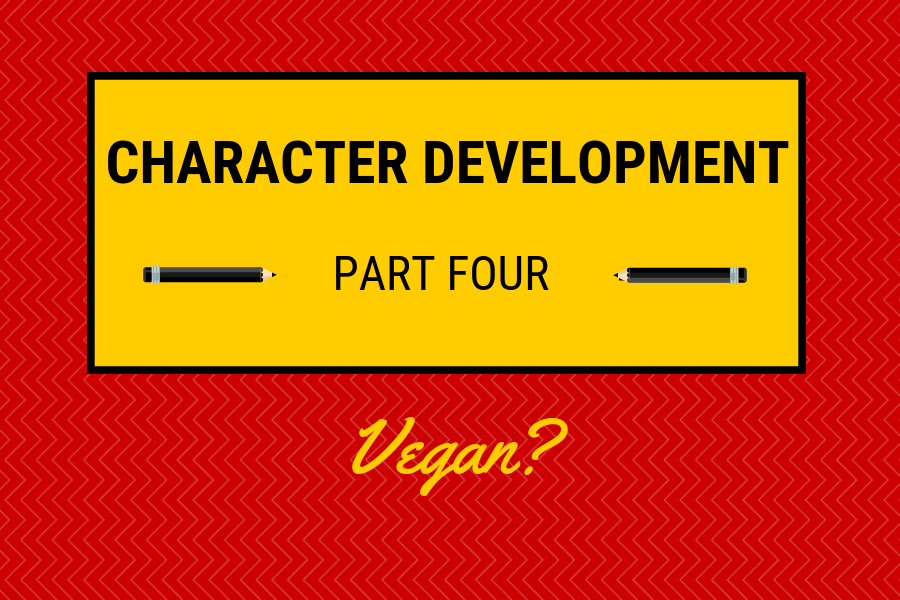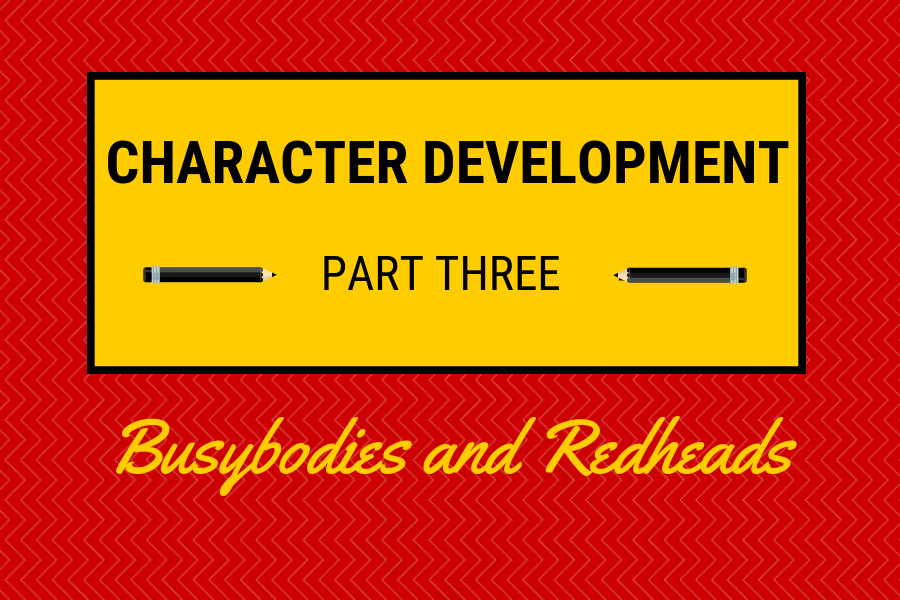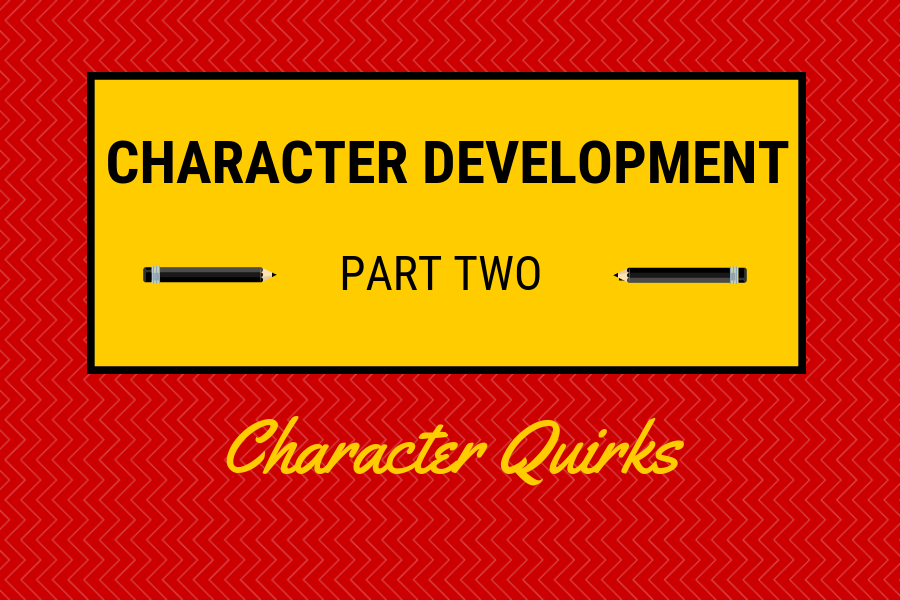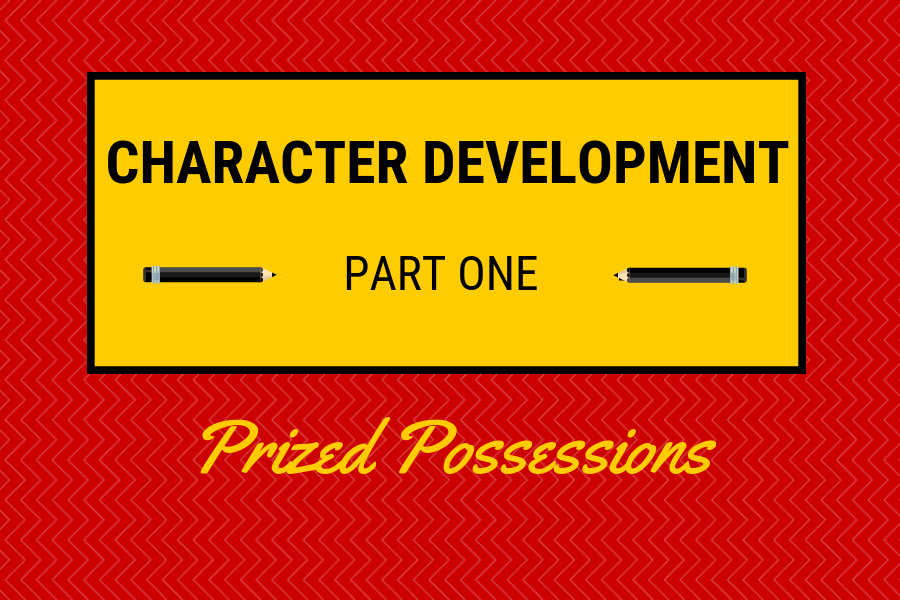When I was four or five years old, a local celebrity from NBC television in Richmond, Virginia, made an appearance at Bill’s Supermarket in Kenbridge. This event was quite exciting for me. Nothing much ever happened in our county, and we were going to have a chance to see Sailor Bob!
That sunny afternoon, the store was packed. My mother and I stood in line awhile. Finally, it was my turn to sit on Sailor Bob’s lap. I would be getting a picture signed by Sailor Bob!
Once I met him, I don’t remember saying anything. I was probably too awestruck.
He got ready to sign his photo. “What is your name?”
“Tammy.” I felt excitement rise at the thought of taking home my very own signed photo!
He looked around the crowd of parents and kids to find my mother. “How do you spell Tammy?”
She smiled and answered. “T-a-m-m-y.”
I hadn’t expected to feel disappointed in Sailor Bob, but I was. How could he not know how to spell Tammy? Lots of girls I knew were named Tammy. Didn’t everyone in the world know how to spell Tammy?
My hero had fallen.
Of course, Sailor Bob was right to ask! However, from that day forward, I never looked at celebrities the same way again.
Maybe that’s one reason why today it’s easy for me to work with important authors. I see them as people trying to make a living with their time and talent. Celebrity is just a consequence of success.
I learned early the folly of thinking celebrities are perfect. That was a great lesson. Thanks, Sailor Bob.
Your turn:
Have you ever met a celebrity?
Have you ever been inspired by or disappointed by a celebrity?
Who is your favorite Christian in the public eye today?



